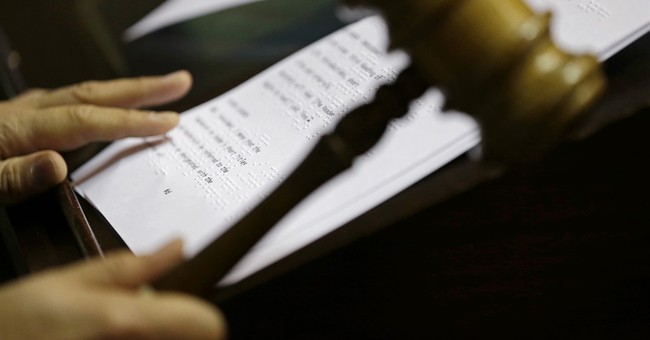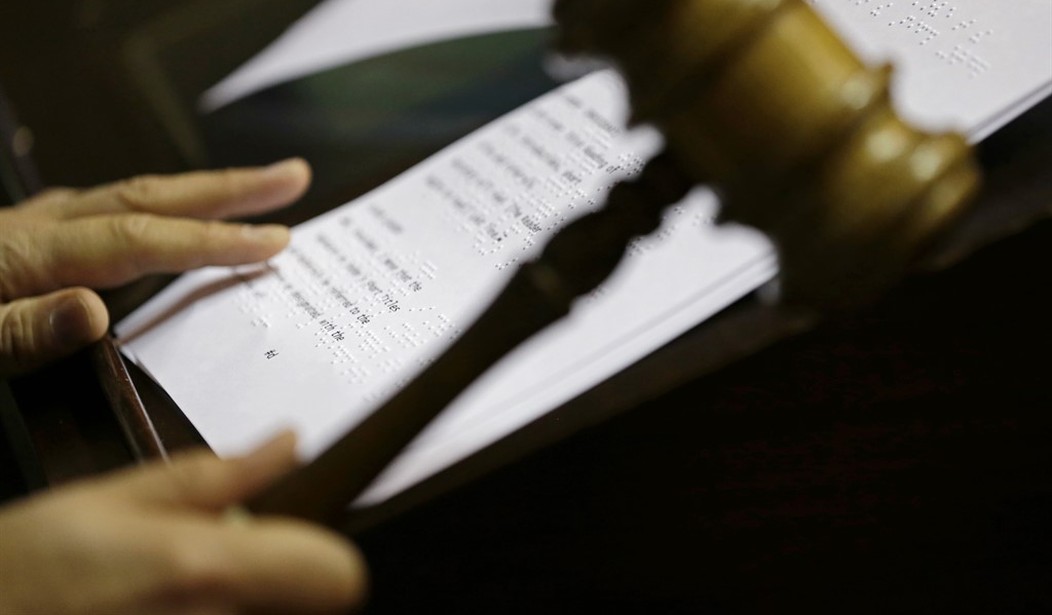
Drunk driving is a serious issue. Driving while intoxicated means you’re not at the top of your game. It claims way too many lives every year, and it’s something that people can easily avoid. Especially so in this day of companies like Uber and Lyft.
But should a couple of DUI convictions be sufficient reason for someone to lose their Second Amendment rights?
A federal judge restored the rights of a Pennsylvania man on Friday after determining that his misdemeanor driving under the influence convictions were not serious enough to justify a lifelong restriction on his Second Amendment rights.
Chief Judge Christopher Conner of the United States District Court for the Middle District of Pennsylvania ruled that Raymond Holloway’s second misdemeanor DUI conviction in 2005 was not a serious enough crime to result in a lifetime abridgment of one of his constitutional rights. Connor applied the standard set in the landmark case Binderup v. the U.S. Attorney General where the Third Circuit Court of Appeals found those convicted of certain nonviolent offenses can’t be barred from owning firearms for the rest of their lives. He said the government had failed to show that Holloway’s misdemeanor DUI convictions meant he should be disarmed for life.
“Defendants’ evidence fails to account for key characteristics of Holloway and similarly situated persons. They have presented no evidence indicating that individuals like Holloway—after over a decade of virtuous, noncriminal behavior—’remain [so] potentially irresponsible’ that they should be prohibited from owning a firearm,” Conner wrote in his ruling. “The government has not demonstrated a substantial fit between Holloway’s continued disarmament and the important government interest of preventing armed mayhem.”
Though Holloway had only committed misdemeanors and only served 90 days of work release for his second offense, he was still considered a prohibited person and barred from firearms possession under federal law because his second conviction carried a possible sentence of up to five years in prison. Federal law says that those convicted of a misdemeanor with a potential prison sentence of more than two years are prohibited from possessing firearms—even if they aren’t sentenced to that amount of time in prison. When Holloway went to purchase a firearm in 2016, 10 years after serving his sentence, he was informed that he was barred from doing so.
There’s no way a DUI conviction, regardless of the potential sentence, should bar someone from buying a gun. I’m sorry, it just doesn’t.
Yes, one could make the case that those who drive while intoxicated are showing poor judgment, but everyone shows poor judgment from time to time. No one is “on” 24/7/365. We all do stupid things from time to time. With Holloway, it was driving while above the legal limit.
Luckily, the judge sided with Holloway, who argued the ban was unconstitutional as applied to him.
Unfortunately, though, the overturn only applies to him. Anyone else in the same boat will have to file a lawsuit of their own. The hope, however, seems to be that the Supreme Court will hear a case like this soon and rule on it. If they do, and a Trump appointee — either Brett Kavanaugh or someone else — sits on the bench, they might elect to hear it this time around and kill this stupidity once and for all.








Join the conversation as a VIP Member